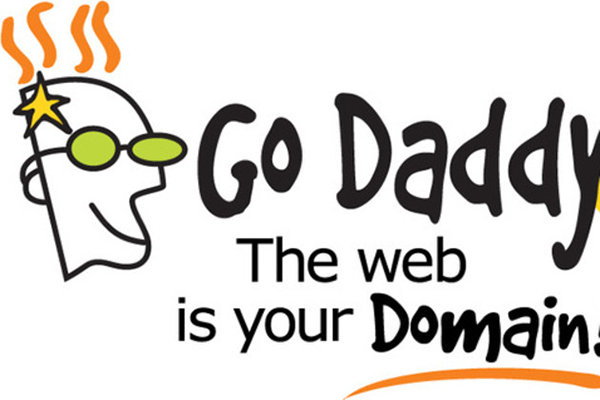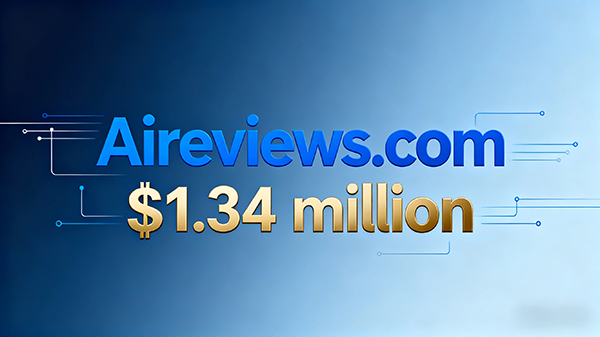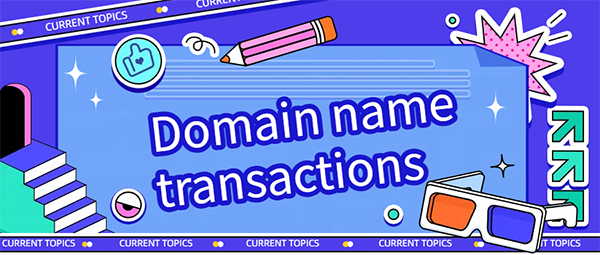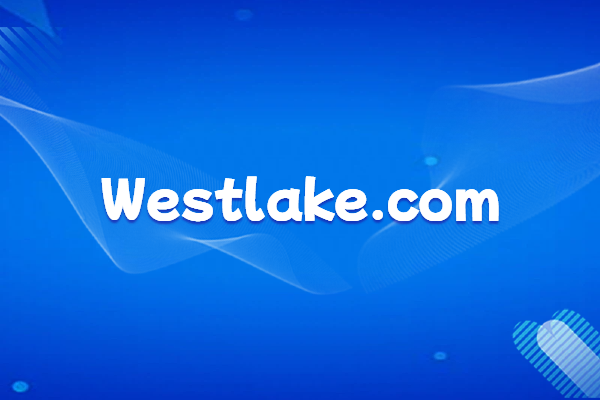
Subscription services in or out, GoDaddy vs. Google's strategy
In the digital age, how a company manages the subscription and opt-out strategies for its services not only affects the user experience, but also reflects the level of respect it has for its customers. Recently, GoDaddy and Google have contrasted their strategies in this regard, revealing their differing views on customer benefits.
GoDaddy's auto-join strategy
GoDaddy recently introduced a new service called “Afternic Boost” for all Afternic accounts. The service was initially free when it was launched in August, but since September, the cost of using the service has increased by an average of 5%. More critically, GoDaddy has adopted a default “opt-in” policy - that is, users will be automatically enrolled in the service unless they voluntarily opt out.
GoDaddy claims that this service was introduced for the benefit of its users, but the reality is that there are no guarantees on the performance of the extended platform, which GoDaddy disclaims. This strategy, while potentially generating additional revenue for the company in the short term, has the potential to cause dissatisfaction among users, as many may not realize that the service has been enabled and are incurring additional costs as a result.

Google's Opt-Out Strategy
In contrast, Google has taken a very different strategy when it comes to managing the service for advertisers. Google announced that advertisers can now opt out of having paid ads displayed on parked domains. This means that advertisers will not be shown ads on parked domains by default, and relevant ads will only be shown if they actively choose to enable this feature.
This strategy reflects Google's focus on the interests of its customers. Google leaves the choice to the customer to decide whether to enable the feature or not, rather than forcing it on by default. This approach not only respects users' choices, but also reduces potential confusion and dissatisfaction, allowing customers to manage their ad settings more autonomously.

Comparative Analysis
From the comparison of the two companies' strategies, we can see the different attitudes of GoDaddy and Google in dealing with the users' right to choose; GoDaddy's strategy may make many users unknowingly bear extra costs, and this kind of “join by default” may increase the company's revenue in the short term, but it may also hurt the users. This “default” approach may increase the company's revenue in the short term, but it may also jeopardize users' trust. In contrast, by allowing customers to opt out rather than forcing them to opt in, Google has demonstrated its respect for customer autonomy and its emphasis on transparency.
These two examples clearly demonstrate how the handling of user choice and service default settings in business operations can have a profound impact on a company's relationship with its customers. For companies, respecting customers' choices and providing clear operational options not only helps build good user relationships, but also earns users' trust and loyalty in the long run. Companies that adopt auto-enrollment or mandatory options, on the other hand, may face customer dissatisfaction and potential reputational risks.








